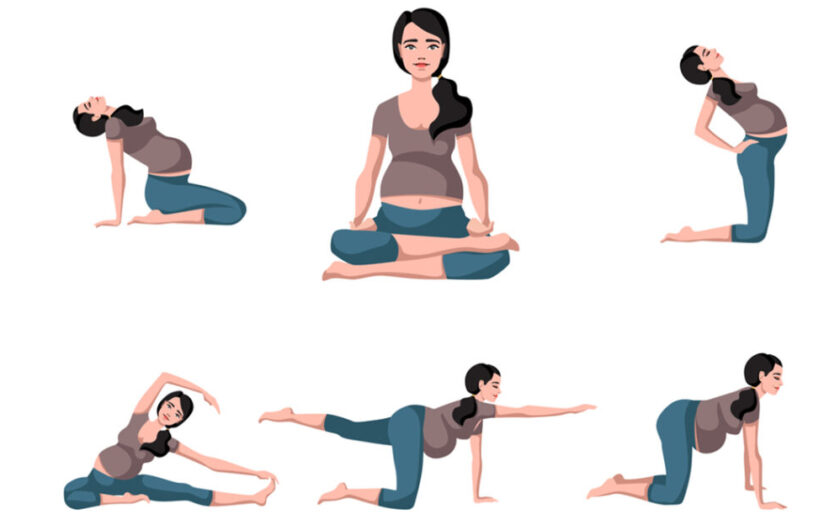Exercising During Pregnancy: Safety, Benefits, and Guidelines
When planning how to exercise during pregnancy, it’s natural to have many questions. Physical exercise is essential during pregnancy as it helps maintain physical fitness and overall health while also alleviating common pregnancy discomforts and preparing the body for labor and delivery.
Is Exercise Safe During Pregnancy?
In most cases, exercise is safe and even recommended during pregnancy. Generally, if you were physically active before pregnancy, it is safe to continue your routine, provided it is comfortable and there are no health complications. However, it’s crucial to consult your healthcare provider before starting or continuing any exercise regimen.
It’s important to note that the goal of exercise during pregnancy is not weight loss but to maintain overall well-being. Exercise does not increase the risk of miscarriage in a normal pregnancy.
Benefits of Exercise During Pregnancy
Exercising for 30 minutes on most, if not all, days can benefit your health during pregnancy. Even 20 minutes of exercise, 3 to 4 days a week, can be beneficial. The key is to stay active and keep your blood circulating. Here are some benefits of exercise during pregnancy:
- Reduces discomforts: Helps alleviate backaches, constipation, bloating, and swelling.
- Gestational diabetes prevention: May help prevent or treat gestational diabetes.
- Increases energy: Boosts your overall energy levels.
- Improves mood: Enhances your mood and mental well-being.
- Enhances posture: Helps improve your posture, which is important as your body changes.
- Strength and endurance: Promotes muscle tone, strength, and endurance.
- Better sleep: Helps you sleep more soundly.
Regular exercise also helps you stay fit during pregnancy, making it easier to regain your pre-pregnancy shape after the baby is born.
Guidelines for Safe Exercise During Pregnancy
If you were regularly active before becoming pregnant, continuing that activity is usually fine. However, it’s important to avoid overdoing it and to exercise with caution. Here are some general guidelines:
- Avoid high-impact activities: These include sports or exercises where falling is likely, or activities with jarring motions, contact sports, or rapid direction changes.
- Avoid intense activities: Steer clear of exercises that involve extensive jumping, bouncing, or intense bursts of activity followed by long periods of no activity.
- Avoid overheating: Exercise in a comfortable environment, and avoid working out in hot, humid weather.
- Don’t hold your breath: Avoid holding your breath for extended periods during exercise.
- Exercise with caution: Be mindful of your changing body. Wear loose-fitting, comfortable clothing and a supportive bra, and choose well-fitting shoes designed for the type of exercise you are doing.
Recommended Pregnancy Exercises
Before beginning any exercise routine, consult with your healthcare provider. Here are some safe and beneficial exercises during pregnancy:
- Walking: A great exercise for beginners, walking is easy on the body and joints and can be easily incorporated into a busy schedule.
- Squats: Squatting during pregnancy can help open your pelvic outlet, aiding in labor. Practice squats regularly to build strength and flexibility.
- Pelvic Tilts: These exercises strengthen abdominal muscles and help alleviate back pain during pregnancy and labor.
Body Changes Affecting Exercise During Pregnancy
During pregnancy, your body undergoes various changes that can impact how you exercise:
- Increased flexibility: Hormones during pregnancy cause certain muscles to relax, making your joints more flexible.
- Shift in balance: Your center of gravity shifts due to the added weight in the front and your shifting hips, affecting your balance, especially as you near your due date.
- Increased effort: The extra weight will cause your body to work harder than before pregnancy.
Given these changes, it’s important to adjust your exercise routine accordingly and consult your healthcare provider about the best exercises for your specific situation.
Remember, the goal is to stay healthy and active during pregnancy while ensuring the safety of both you and your baby.



